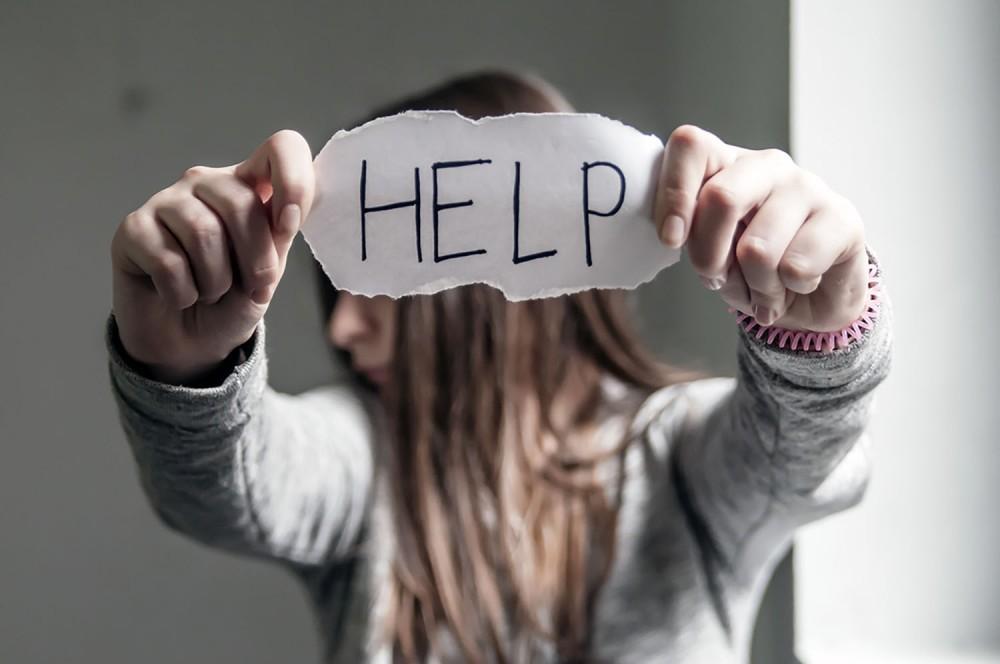We’ve been hearing from so many patients how tough this school year has been for teens. A new report from the American Academy of Pediatrics, the American Academy of Child and Adolescent Psychiatry, and the Children’s Hospital Association declared the mental health crisis a national emergency. The resulting teen mental health crisis has rates of depression, eating disorders, and even suicide attempts on the rise. And, social media is in the spotlight again following a report about Instagram’s negative effects on teen girls and body image.
We know it’s a lot. We also know how painful it is to watch your kid suffer and that it’s a struggle to get teenagers to open up. So we wanted to offer some advice to help you relate to your teen during this challenging time.
Understand where your kid is coming from
Adolescence is a confusing developmental phase for kids and parents alike. Teens are experiencing strong emotions. At the same time, they’re still learning to recognize, process, and understand their feelings.
“As adults, it seems so easy to us, but what we don’t remember is that as teenagers these feelings are so strong and so new,” says WCWCW Child and Adolescent Psychiatrist, Dr. Valerie Relacion.
Given the challenges of this year — readjusting to in-person schooling after last year’s remote experience, pivoting when classrooms or schools shut down in response to COVID-19 outbreaks, and catching up academically—it’s important to acknowledge and validate the stress your kids may be going through.
Listen actively
When our kids are struggling, we instinctively want to make the problem go away. It’s completely understandable, but we can alienate our children when we jump in with a solution.
“What teens want is for parents to just listen, hear them out, and be present with them, not judgmental,” says Dr. Relacion.
Instead of trying to fix his or her problem, ask your teen open-ended questions about how they’re feeling, and let them talk. Getting those feelings out is part of healing. After they’ve told you what’s going on, you can ask them: “What do you think is bringing this up right now?” or “Can you think of a time when this has happened before?” Using language like “Tell me more,” or starting sentences with reflective listening phrases like, “Could it be that …?” can make them feel safe and more willing to share.
Avoid making light of what they tell you, dismissing or telling them not to think or worry about it, or saying the problem “will get better.”
Once your teen has had a chance to tell you what’s wrong, you can repeat to them your understanding of what they have told you in their own words. You can say something like: “It sounds like this has been your experience. I can see you’re feeling overwhelmed,” or “It sounds like this has been really hard for you, tell me more about it.”
“Teens will do the right thing given the opportunity but you have to give them the opportunity;” says WCWCW Child and Adolescent Psychiatrist Dr. Alexis Wesley, “parents supporting their children in processing their emotions helps promote autonomy and bolster problem-solving skills.
Model self-care
When we’re feeling overwhelmed, anxious, or upset, being active or doing something restorative, like playing with a pet, can help. Model self-care by suggesting that the two of you go for a walk with the dog, cook, shoot hoops, or do whatever you do to unwind. This is also a great way to connect with your teen. “Talking casually while doing something you both enjoy is a great way to connect,” Dr. Wesley says.
Have family dinners together
Eating meals together regularly is one of the most consequential practices you can do as a family. Research links family dinners to positive self-esteem and reduced risk of disordered eating, alcohol and substance use, violent behavior, and feelings of depression or thoughts of suicide.
“Even if you can’t do it every day, sitting down at least once or twice a week as a family for dinner brings so many benefits,” Dr. Wesley says.
Balance screen time with green time
Balance out the heavy screen time that your teen may have adapted this past year by encouraging them to get outside — whether it’s reading a book in the backyard or going on a hike. If social media is particularly damaging to your kid, you can help reduce the time they spend on these apps by asking them questions to help them understand if it is playing a negative role in their lives and encouraging more in-person meetups with their friends.
Practice constructive reinforcement on social media
With the heavy emphasis on looks, body image, and popularity, social media can be toxic, especially for teen girls. If you’re friends with your kids’ friends on Instagram or Facebook, avoid focusing on looks or materialistic things when commenting on photos. Instead, focus on the experience in a photo. For instance: “What a fantastic trip that must have been,” rather than “You are gorgeous!”
Get help
If you are noticing changes in your teen’s eating or sleeping habits, if they’re saying particularly harsh things about themselves, or if anything else feels off, consider having them see a professional. Contact us at WCWCW to learn more about our adolescent mental health specialists and to make an appointment.








